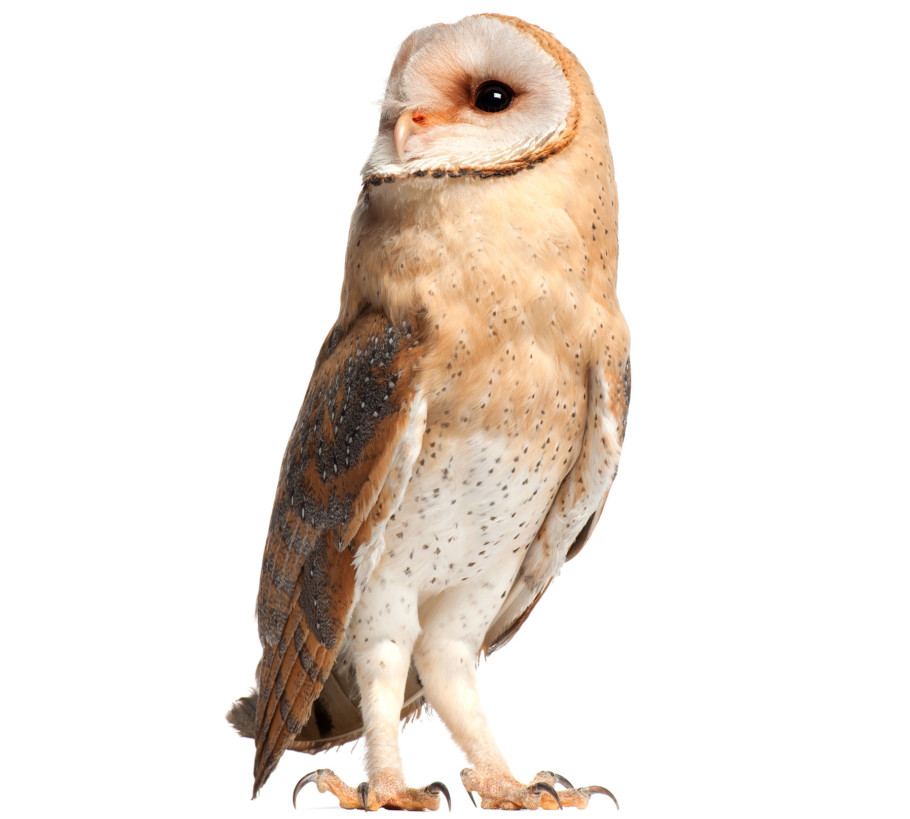As an Associate of AGRA, I adhere to their code of practice as follows:

All Members and Associates will:
• Be honest and discreet in relations with clients, the public and fellow professionals.
• Avoid unnecessary duplication of effort and research.
• Offer candid advice concerning the possible or probable results of any projected research.
• Endeavour to keep clients informed and updated as to progress with research projects.
• Make reports as clear and as definite as the facts allow.
• Clearly explain, if unable to resolve a client’s problems, the reason why, and if possible, suggest alternative avenues of research.
• Strive at all times to avoid the misquotation of any documents, or the citing as authoritative of any questionable source.
• Seek, wherever possible, to examine original sources.
• Respect the confidentiality of client’s work, and only share research commissioned by the client with their permission.
• Maintain an ongoing CPD (Continuous Professional Development) log and endeavour to keep abreast of all relevant developments in family history research and best practice in business.
• Declare any personal or financial interest which might compromise impartiality towards a client.
• If involved in a complaint, co-operate fully with the Association in its investigation.
Members and Associates will not:
• Engage in exaggerated, misleading or false publicity.
• Knowingly publish as fact anything known to be false or unproven, nor be a party to such action by others.
• Knowingly injure or attempt to injure the professional reputation, prospects or practice of any other genealogist or professional researcher.
• Accept commissions nor agree to undertake research known to be beyond their abilities.
• Knowingly injure or attempt to injure the reputation or prospects of the Association.
• Present another’s work as their own – i.e. engage in plagiarism.
• Conceal or withhold data relevant to a client’s instructions.
Additionally for researchers tracing living relatives:
• In cases of research involving adoption, no contact will be made with living relatives by the researcher, (this can only be undertaken by an Ofsted Inspected Adoption Support Agency), and the researcher will recommend that the client does not attempt to contact them directly, including the use of social media.
• In cases involving DNA testing and matching for clients who were born as a result of egg or sperm donation, (where the client has obtained the name of a donor through the UK Human Fertilisation and Embryology Authority) no contact will be made with living relatives by the researcher. Instead, a recommendation should be made that the client seeks the help of a trained intermediary and does not attempt to contact them directly, for example through use of social media or links to trees shared publicly through sites such as Ancestry.